Introduction: Not Your Average Day at the Races
Welcome to Dragon Boat Festival 2025, where ancient tradition meets modern commerce in a spectacular collision that would make Qu Yuan himself either very proud or extremely confused. This isn't just another holiday where people take off work to scroll through their phones—it's a 2,000-year-old cultural phenomenon where people take off work to scroll through their phones while eating sticky rice dumplings and watching boats shaped like dragons. Progress!

The "Why Are We Doing This Again?" Historical Backstory
For those who slept through Chinese History class (we're not judging), Dragon Boat Festival (端午节 or Duanwu Festival) commemorates the legendary poet Qu Yuan, who drowned himself in the Miluo River after his beloved state was conquered. The locals raced out in boats to save him (spoiler alert: they were too late) and threw rice dumplings into the water to prevent fish from eating his body.
Fast forward 2,000+ years, and we're still racing boats and eating those rice dumplings, proving that humans will turn literally anything—even a tragic suicide—into a reason to compete in water sports and consume carbs. That's not dark; that's cultural resilience!
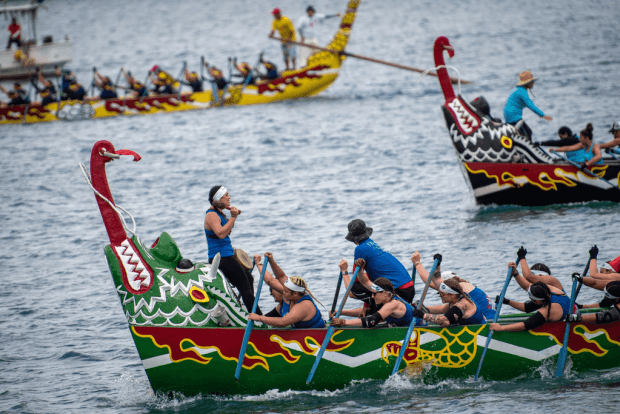
Key Traditions in 2025: Same Dragons, New Technology
Dragon Boat Racing
No longer just wooden boats paddled by exhausted locals, 2025's races feature:
- Carbon-fiber boats with traditional dragon heads (because nothing says "honor the ancient ways" like aerospace materials)
- Live-streaming that makes Olympic coverage look like it was filmed on a potato
- Corporate teams where executives who never exercise suddenly transform into competitive athletes for exactly one day per year
Zongzi: The Sticky Rice Triangle Time Machine
These glutinous rice dumplings wrapped in bamboo leaves have evolved from "grandma's recipe" to "gourmet artisanal experiences" faster than you can say "culinary gentrification":
- Truffle-infused traditional pork zongzi (priced approximately the same as a small car)
- Vegan keto gluten-free zongzi (that Qu Yuan would absolutely not recognize)
- DIY zongzi-making kits for people who want the authentic experience without the authentic time commitment
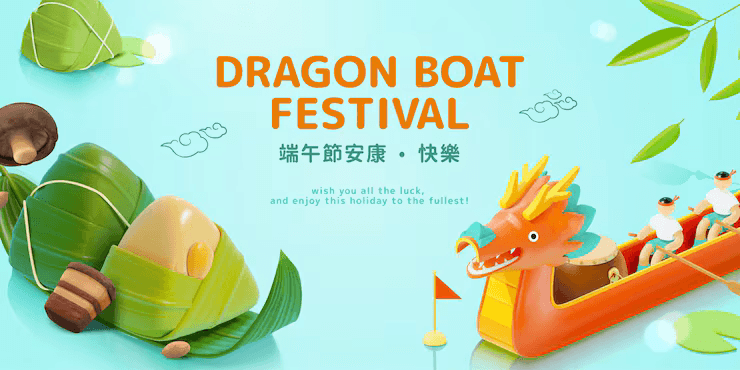
Cultural Preservation
Traditional practices now preserved with the subtlety of a dragon-shaped neon sign:
- Digital platforms where Gen Z learns ancient customs through 15-second videos
- AR filters that let you virtually wear traditional clothes without the discomfort of actual clothing
- Blockchain-verified certificates of authenticity for everything from rice dumplings to dragon boat paddles (because if it's not on the blockchain, did it really happen?)
Show Me The Money: Economic Insights That Will Make Your CFO Sit Up Straight
Consumer Spending (AKA "Why This Festival Matters to Your Bottom Line")
The numbers don't lie, and in 2025, they're telling a very profitable story:
- E-commerce sales jumping 15-20% year-on-year (people buying traditional foods they could make themselves but won't)
- Social commerce platforms becoming busier than a Beijing subway station at rush hour
- Experiential marketing creating memories (and data collection opportunities) for brands
Marketing Strategies That Won't Make You Look Like a Cultural Tourist
Authenticity-Driven Campaigns (Without the Cultural Appropriation Lawsuit)
- Highlight cultural narratives (without mangling them beyond recognition)
- Collaborate with local artisans (who will quietly correct your misconceptions)
- Create content respectful enough that Chinese social media won't turn you into the day's main character
Digital-First Approach (Because No One Looks at Billboards Anymore)
- WeChat and Douyin marketing that doesn't scream "foreign brand trying too hard"
- Interactive AR experiences that won't crash on 90% of phones
- User-generated content challenges that won't accidentally become political
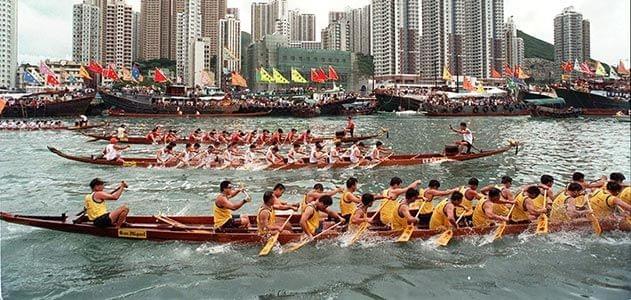
Regional Variations: Because 1.4 Billion People Don't All Celebrate Identically
China isn't a monolith, shocking as that may be to some marketers. Different provinces celebrate with their own flair:
- Guangdong: Boat races so competitive that family feuds have started over paddling techniques
- Zhejiang: Zongzi competitions where grandmothers judge your wrapping skills with the severity of Olympic officials
- Sichuan: Traditional costume parades featuring enough bright colors to be visible from space
Technology and Tradition: An Awkward But Profitable Marriage
In 2025, ancient practices and cutting-edge tech are cohabitating like an odd couple sitcom:
- Virtual dragon boat racing for people who want the competitive experience without the whole "physical exertion" thing
- AI-powered cultural education that explains traditions better than your Chinese colleague who's tired of being your personal cultural encyclopedia
- Blockchain-verified handicraft marketplaces ensuring that the "handmade" item you bought wasn't actually mass-produced in a factory
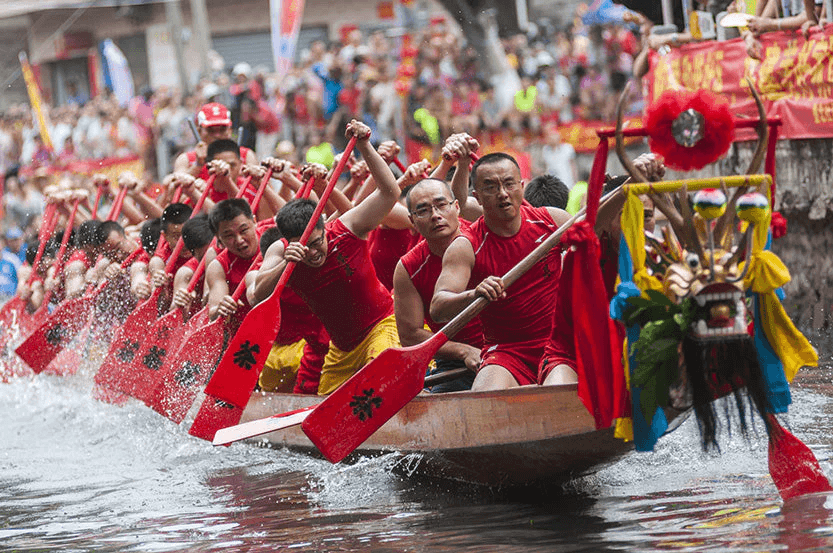
How Not to Embarrass Yourself: A Guide for Businesses and Travelers
Engagement Recommendations (Or "How to Avoid Becoming a Viral Cautionary Tale")
- Respect cultural nuances (unlike that one brand we all remember for the wrong reasons)
- Understand regional differences (Beijing and Shanghai are not interchangeable, neither are their traditions)
- Create authentic experiences (if your idea includes the words "fusion" or "reimagined," maybe reconsider)
Best Practices That Should Be Common Sense But Apparently Aren't
- Use localized marketing language (Google Translate is not your friend here)
- Develop mobile-first content (because no one in China is looking at your desktop website)
- Emphasize community values (individualism doesn't sell sticky rice dumplings)
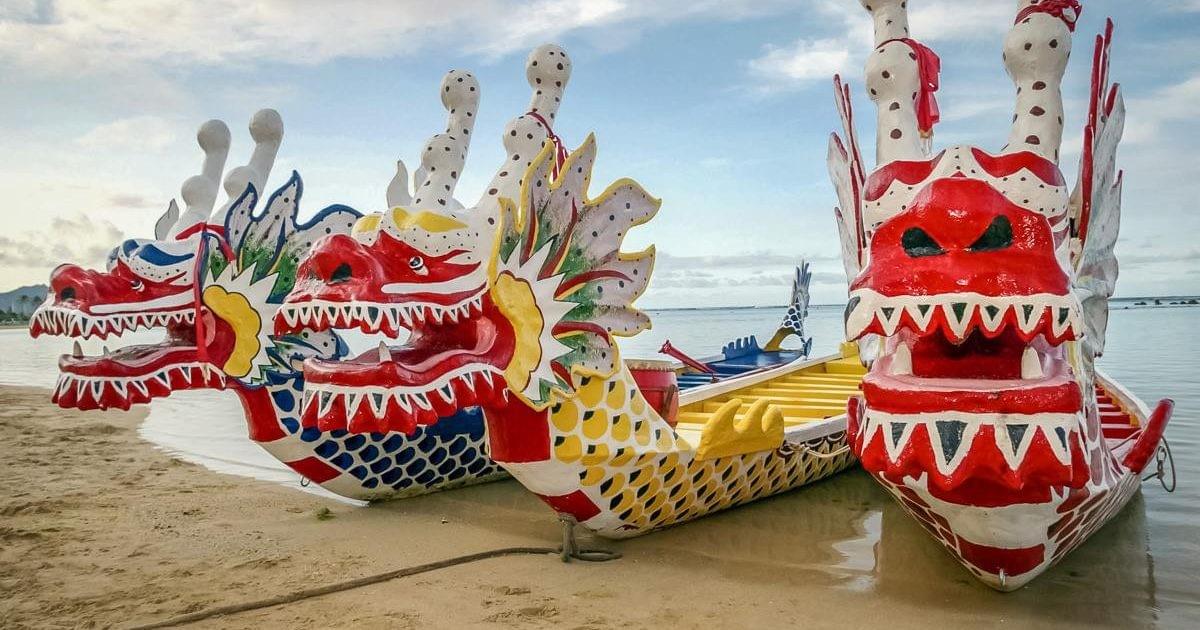
Conclusion: It's Not Just History; It's Business
The Dragon Boat Festival in 2025 is where tradition and commerce are paddling in surprisingly harmonious synchronization. It's a cultural ecosystem where honoring a 2,000-year-old poet somehow involves smartphones, blockchain, and limited-edition sneaker drops.
For businesses, this festival offers more than just a marketing opportunity—it's a masterclass in how Chinese culture continuously reinvents itself while maintaining its core identity. It's like watching your grandmother learn TikTok dances while still making the best traditional dumplings in the neighborhood.
Ready to dive deeper? Follow the ChinafulLink Team for more insights that blend cultural understanding with business opportunity—because in China, the two are as inseparable as sticky rice and bamboo leaves.